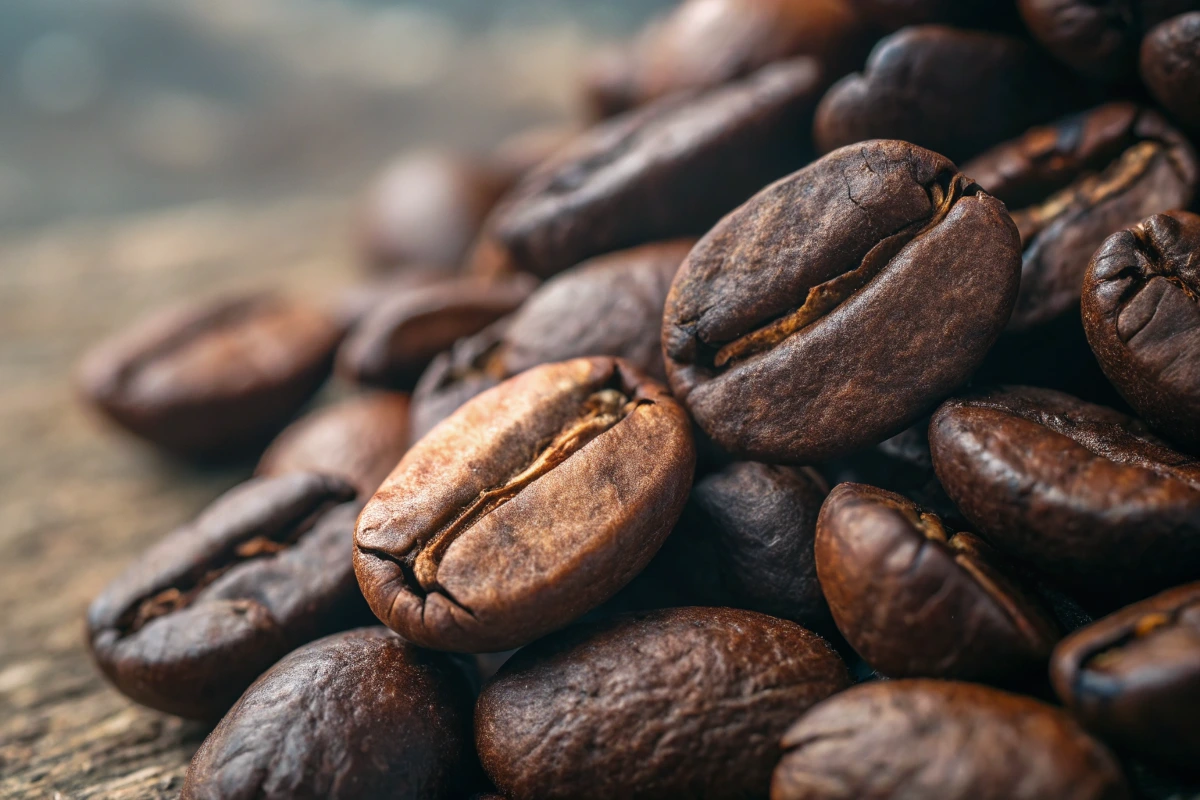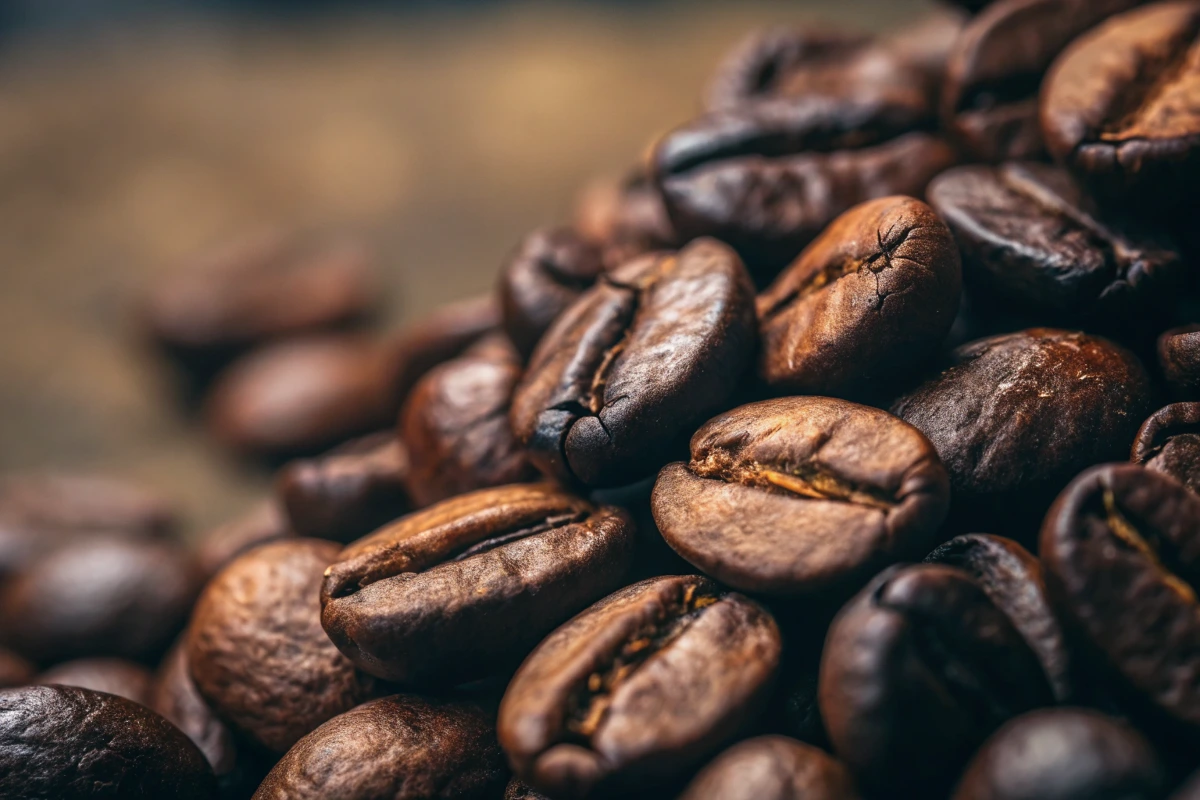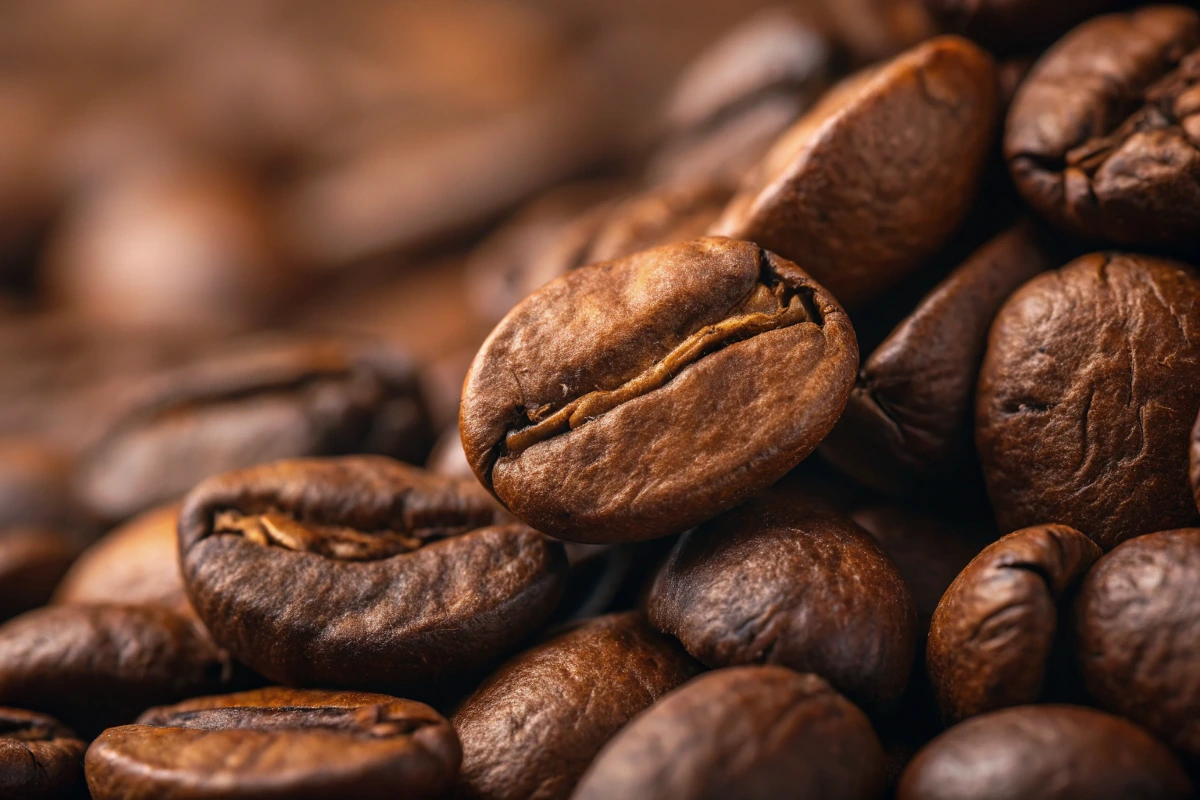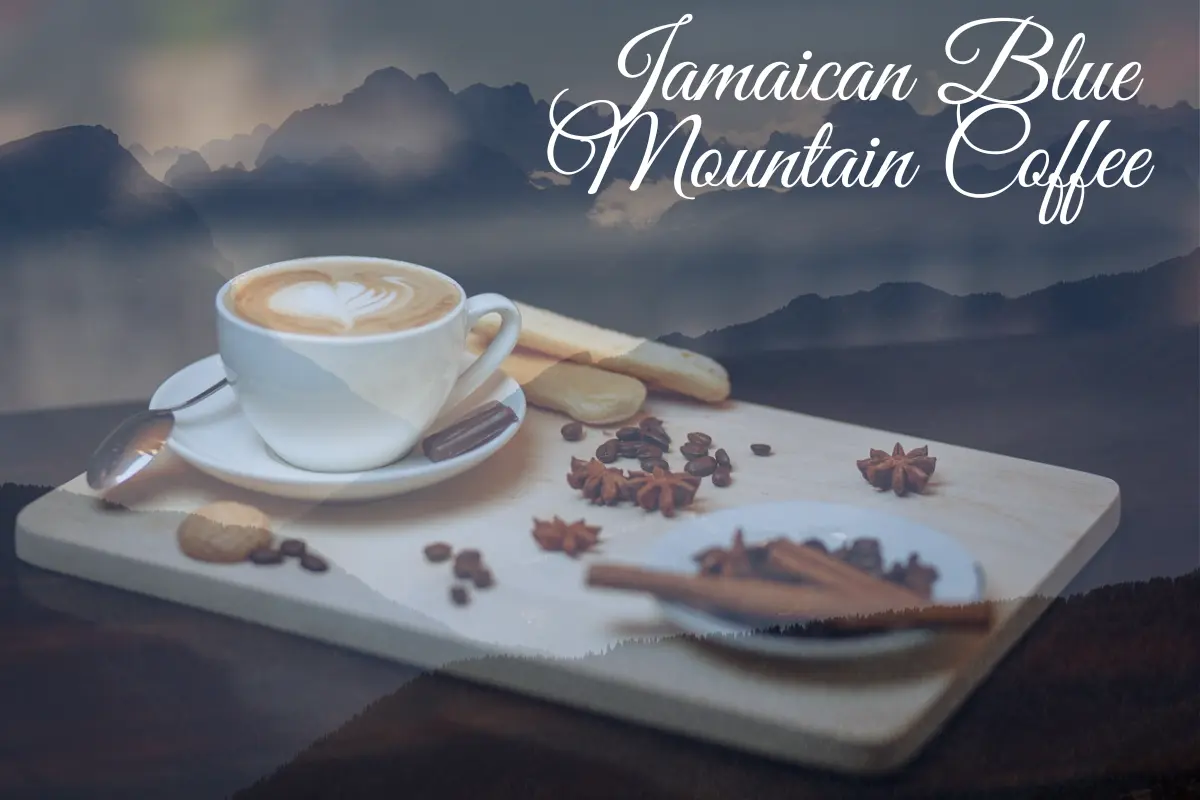Jamaican Blue Mountain Coffee is globally celebrated as one of the most esteemed and sought-after coffee varieties. Grown in the misty peaks of the Blue Mountain range in Jamaica, this coffee is distinguished by its smooth, well-balanced flavor, mild acidity, and delicate notes of chocolate and floral undertones. Its unparalleled taste, paired with a meticulous production process, has solidified its reputation as a premium choice among coffee enthusiasts worldwide.
Renowned for its rarity and exclusivity, this coffee is cultivated under ideal conditions in the Blue Mountain region, which boasts cool temperatures, rich volcanic soil, and consistent rainfall. These factors contribute to its unique flavor and quality, setting it apart from other varieties. Protected by strict regulations, Jamaican Blue Mountain Coffee is certified by the Coffee Industry Board of Jamaica to ensure authenticity and maintain its high standards.
So, this article delves into the history, geographical significance, unique qualities, production process, and authenticity of Jamaican Blue Mountain Coffee. Additionally, it addresses frequently asked questions to provide a comprehensive guide for coffee enthusiasts and newcomers alike.
The Rich History of Jamaican Blue Mountain Coffee
The journey of Jamaican Blue Mountain Coffee began in 1728 when Sir Nicholas Lawes, then Governor of Jamaica, introduced coffee to the island. The plant thrived in Jamaica’s tropical climate, particularly in the cool, misty highlands of the Blue Mountains. These unique conditions, including nutrient-rich volcanic soil and steady rainfall, created the perfect environment for cultivating coffee.
By the late 18th century, coffee production in Jamaica had flourished, with the island emerging as a significant coffee exporter. Among its varieties, the Blue Mountain coffee stood out for its refined taste and quality. Early trade routes facilitated its spread to Europe, where it captivated coffee connoisseurs with its smooth, mild flavor.
In 1953, the Coffee Industry Board of Jamaica was established to regulate and certify Jamaican Blue Mountain Coffee, ensuring that its high standards were maintained. This certification process protected the coffee’s authenticity and distinguished it as a luxury product. Today, it remains a symbol of heritage, excellence, and craftsmanship, revered by coffee lovers worldwide.
Geographical Significance
The Blue Mountain region of Jamaica is a natural wonder, offering breathtaking landscapes and a unique environment that directly impacts the coffee grown there. Located in the eastern part of the island, the mountains rise to elevations exceeding 7,000 feet, making it one of the highest coffee-growing regions in the world.
This high-altitude environment is characterized by cool temperatures, frequent mist, and consistent rainfall. These conditions slow the growth of coffee cherries, allowing them to develop more complex flavors. The volcanic soil, rich in nutrients, provides an excellent foundation for the coffee plants, contributing to their exceptional quality.
The combination of elevation, climate, and soil—often referred to as “terroir”—is the key to the coffee’s unique taste. The slow ripening process enhances the coffee’s mild acidity and smooth flavor, with delicate notes of chocolate and floral undertones. This distinctive profile has earned Jamaican Blue Mountain Coffee its global acclaim.

Exploring the Unique Flavor of our Special Coffee
Jamaican Blue Mountain Coffee is celebrated for its extraordinary flavor profile, making it one of the most sought-after coffees in the world. Known for its mild, smooth taste and lack of bitterness, it delivers a well-balanced cup that appeals to diverse palates.
Its nuanced flavor includes subtle hints of chocolate, floral undertones, and a bright, mild acidity that enhances its complexity. The coffee’s aroma is equally captivating, often described as sweet, nutty, and inviting. These qualities make it a standout choice among premium coffee varieties.
When compared to other famous coffees, such as Ethiopia’s Yirgacheffe with its bold fruity notes or Colombia’s Supremo with its rich acidity, Jamaican Blue Mountain Coffee offers a more understated elegance. It embodies a harmonious balance of flavors that is both distinctive and versatile.
The coffee’s unique taste is a product of its environment and cultivation methods. Grown in nutrient-rich volcanic soil at high elevations, the beans mature slowly, absorbing the region’s unique characteristics. Combined with traditional processing methods and stringent quality controls, this coffee’s exquisite flavor remains unmatched.
Production Process
The production of Jamaican Blue Mountain Coffee is a meticulous and labor-intensive process that reflects the dedication to quality behind this esteemed coffee.
Cultivation
Coffee plants are cultivated in nutrient-rich volcanic soil at high altitudes, where the cool climate and abundant rainfall provide optimal conditions for growth. The slow ripening process allows the beans to develop their distinctive flavor profile. Farmers often use sustainable practices, such as intercropping with other plants, to preserve soil fertility and protect the environment.
Harvesting
The cherries are handpicked, ensuring that only ripe fruits are harvested. This careful selection process guarantees uniform quality, as each cherry is chosen at its peak ripeness.
Processing
After harvesting, the beans undergo wet processing, which includes pulping, fermentation, washing, and drying. Fermentation is closely monitored to enhance the beans’ flavor complexity, while sun-drying ensures they retain their natural qualities.
Sorting and Grading
The dried beans are meticulously sorted and graded to meet the stringent standards of the Coffee Industry Board of Jamaica. Only the finest beans are certified as Jamaican Blue Mountain Coffee.
Roasting
The beans are roasted in small batches to bring out their unique flavor characteristics. This step requires precision and expertise to achieve the perfect balance of flavors without compromising the coffee’s delicate nature.
It’s obvious that from cultivation to roasting, every step of the process is guided by tradition, skill, and a commitment to excellence, ensuring that each cup of Jamaican Blue Mountain Coffee is a true masterpiece.

Certification and Authenticity of Premium Blue Mountain Coffee
Authenticity is a cornerstone of Jamaican Blue Mountain Coffee’s reputation. To protect its quality and exclusivity, the Coffee Industry Board of Jamaica oversees the certification process.
Genuine Jamaican Blue Mountain Coffee is identified by the official certification seal, which guarantees that the beans were grown, harvested, and processed within the designated Blue Mountain region. The certification process includes rigorous quality checks at every stage of production.
Consumers can verify authenticity by purchasing from reputable sellers and looking for the “Jamaica Blue Mountain Coffee” trademark on packaging. Counterfeit products, often labeled as “Blue Mountain-style” coffee, may include blends with only a small percentage of genuine Blue Mountain beans. To avoid scams, buyers should scrutinize labels, verify the source, and be cautious of suspiciously low prices.
What People Also Ask About this special Mountain Coffee
1. What is special about the Coffee?
Jamaican Blue Mountain Coffee is renowned for its smooth, mild flavor with no bitterness, balanced acidity, and subtle chocolate and floral notes. Its unique growing conditions and meticulous cultivation methods make it a symbol of luxury and quality.
2. Why is this Jamaican Coffee so expensive?
The coffee’s high price is due to its limited growing area, labor-intensive production, strict quality controls, and global demand. Its exclusivity and premium reputation contribute to its cost.
3. How can you tell if Blue Mountain Jamaican Coffee is real?
Check for the official certification seal of the Coffee Industry Board of Jamaica on the packaging.Then, purchase from trusted retailers and verify the product’s origin to ensure authenticity.
4. In which country the Coffee produced?
Blue Mountain Coffee is produced exclusively in Jamaica, specifically in the Blue Mountain region.
5. Which coffee is expensive in the world?
Some of the most expensive coffees include Jamaican Blue Mountain Coffee, Kopi Luwak, and Panama Geisha, known for their rarity and exceptional quality.
6. Why is this Coffee expensive?
Its cost reflects the limited production area, labor-intensive cultivation, and high demand for this luxury product.
7. Is Blue Mountain Coffee rare?
Yes, it is rare due to its small production area and strict certification process.
8. What are the best coffee beans in the world?
Jamaican Blue Mountain Coffee, Ethiopian Yirgacheffe, Colombian Supremo, Panama Geisha, and Hawaiian Kona Coffee are among the best for their distinct flavors and quality.
9. Who owns Jamaica Blue Coffee?
Jamaican Blue Mountain Coffee is grown by small-scale farmers in the Blue Mountain region. Its authenticity and quality are regulated by the Coffee Industry Board of Jamaica.
Economic and Cultural Importance of this kind of Jamaican Coffee
Jamaican Blue Mountain Coffee plays a vital role in the economy and culture of Jamaica. As one of the island’s most iconic exports, it significantly contributes to the country’s agricultural sector and foreign exchange earnings. The global demand for this premium coffee has created jobs and sustained livelihoods for thousands of local farmers, pickers, and processors, many of whom rely on coffee production as their primary source of income.
Culturally, Blue Mountain Coffee is a source of pride for Jamaicans, symbolizing the country’s natural abundance and artisanal excellence. It represents not just a product but a legacy of tradition, craftsmanship, and environmental stewardship. The coffee is often showcased at local festivals and international expos, serving as an ambassador of Jamaican culture to the world.
In global trade, Jamaican Blue Mountain Coffee occupies a unique position as a luxury commodity. Its exclusivity and premium status enhance Jamaica’s reputation in the international marketplace, contributing to its appeal as a tourist destination where visitors can experience the coffee at its source.
Sustainability and Ethical Practices
The cultivation of Jamaican Blue Mountain Coffee has evolved to embrace sustainable practices that minimize environmental impact. Farmers in the region employ eco-friendly techniques, such as intercropping, natural fertilization, and water conservation, to maintain soil health and biodiversity.
Ethical sourcing is a key focus, with many producers adhering to fair trade principles to ensure that farmers receive equitable compensation for their labor. Organizations and cooperatives work to support small-scale growers, promoting community development and education. These efforts ensure that the production of Jamaican Blue Mountain Coffee remains both environmentally and socially responsible, preserving its legacy for future generations.
Brewing Tips for the Perfect Coffee Cup
To fully enjoy Jamaican Blue Mountain Coffee, it’s essential to use the right brewing methods and tools. Methods such as French press, pour-over, or drip brewing are ideal, as they highlight the coffee’s smooth flavor and delicate notes of chocolate and floral undertones.
Use freshly ground coffee beans and filtered water heated to around 195–205°F (90–96°C) for optimal extraction. A coffee-to-water ratio of 1:15 (one part coffee to 15 parts water) is recommended to achieve the perfect balance.
For an enhanced experience, pair Jamaican Blue Mountain Coffee with light, complementary flavors such as buttery pastries, chocolate, or tropical fruits. These pairings highlight the coffee’s complexity, creating a delightful sensory experience. Whether enjoyed as a morning cup or a special treat, the right brewing techniques ensure every sip is memorable.

Conclusion
Jamaican Blue Mountain Coffee is a true testament to the art of coffee cultivation and the harmony between nature and human craftsmanship. Since its origins in the 18th century, it has evolved into a global luxury, celebrated for its unmatched quality. The unique Blue Mountain region, with its ideal climate and rich soil, plays a crucial role in shaping the coffee’s smooth flavor, balanced acidity, and refined aroma. Additionally, meticulous farming and processing techniques further enhance its distinct character, making each cup a remarkable experience.
Beyond its exceptional taste, this coffee carries a deep cultural and agricultural significance. Strict certification standards ensure authenticity, while the labor-intensive cultivation process highlights the dedication of Jamaican farmers. As a result, Jamaican Blue Mountain Coffee remains a symbol of prestige in the world of specialty coffees. Its rarity and high standards make it a prized choice for those seeking the finest and most authentic coffee experience.
For coffee lovers, savoring Jamaican Blue Mountain Coffee is more than just tasting an extraordinary brew—it’s a connection to tradition and craftsmanship. Whether you enjoy it as part of your morning ritual or as an occasional indulgence, this coffee never fails to impress. Have you ever tried it? If so, what was your experience? Share your thoughts and favorite brewing tips in the comments below!


18 thoughts on “Jamaican Blue Mountain Coffee: What Makes It the World’s Most Coveted Brew?”